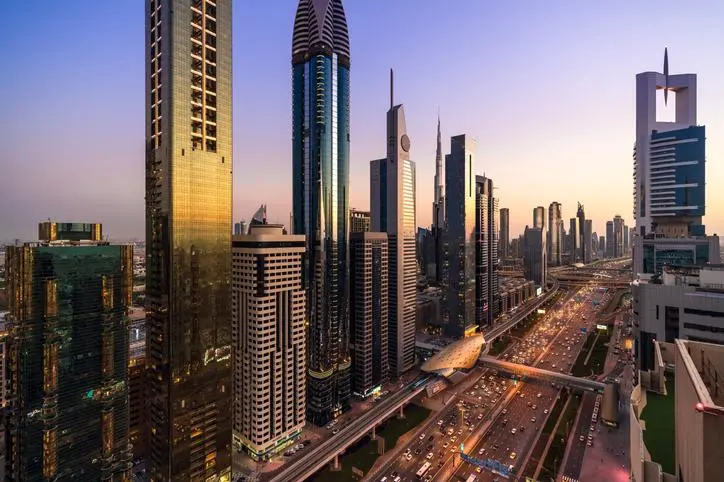PHOTO
In the early days of UAE's formation, it would take more than 10 hours with multiple stops to reach Fujairah from Dubai. There were no proper roads. There was just a single path and people had to ask anyone and everyone for the directions, a long-time resident shared with Khaleej Times.
“The first time I came to Fujairah in 1972, it took me 12 hours from Dubai. It was just a year after the union, and road construction was progressing rapidly within the country,” said Hyder Faraz Hyderi, a businessman based in Fujairah.
“There were no proper roads. It was just a path and we had to ask anyone and everyone for directions,” said Hyderi.
“Now I can drive to Dubai five times a day easily, because of the world-class roads and infrastructure the UAE has to offer,” said Hyderi. He has witnessed the remarkable transformation of the UAE from its trucial states era.
Humble beginnings
Hyderi’s journey began when he landed in Dubai by ship from Iran, and at the tender age of 8, he worked under Abdullah Al Harari’s hardware shop for five years before venturing to Fujairah to start his own business.
Hyderi reflects on his early days in Dubai, where he had the privilege of encountering the founding fathers, Sheikh Zayed bin Sultan Al Nahyan and Sheikh Rashid bin Saeed Al Maktoum. “Sheikh Rashid used to visit the Irani Market regularly, displaying a friendly nature and inquiring about the well-being of residents.”
Entrepreneurial journey
After gaining knowledge about the hardware business, Hyderi ventured into entrepreneurship. In 1972, he established his hardware shop in Fujairah, witnessing the city's humble beginnings with only a few homes near the corniche area. “I wanted a new place to start my business. Fujairah was a tiny town. But I felt that in the coming years, there would be more people coming and settling in. Which would make a prosperous business,” said Hyderi.
Despite the challenges of operating in a city with a limited population, Hyderi foresaw massive growth. “I gave it a shot and started the first hardware shop in Fujairah. It was a big success,” said Hyderi.
Returning to his hometown
However, after the Gulf War in 1992, Hyderi faced significant losses, forcing him to close his business temporarily and return to Iran for a few years. “In 1998, I returned to Fujairah and started a small shop selling diverse goods. Slowly, I expanded the product inventory, with the floor area of the shop becoming much bigger than what I started with,” said Hyderi, who has been running the same shop for the last 25 years.
As Hyderi looks back, he reminisces the transformation of Fujairah into a modern city with towering buildings, world-class hospitals, an airport, and well-developed roads. “There were no buildings with more than a floor,” he recollected.
Fishmonger to fish market
“Only one person would sell fish in Fujairah. His name was Javed, from Bangladesh. He passed away a few years ago. At the same place where he sold fish, we have a bustling fish market now,” said Hyderi.
“Fujairah had hills, forests, and barren land, but now most places are occupied. The single road leading to Oman, passing through Kalba, and the central watchtower that once stood proudly are now distant memories,” added Hyderi.
Making most of the breezy weather
During winter months, Hyderi enjoys the pleasant weather, reading newspapers in the morning and reciting the Quran in the evening. “Most of my time goes into reading. I read two Arabic newspapers a day. Call me old school, it is not only entertainment for me but a source of knowledge.”
From long journeys to short drives, from small shops to malls, and floor-level homes to tall buildings, Hyderi has witnessed how Fujairah has developed over the years and how cities in the UAE have transformed into world-class metropolis.
Copyright © 2022 Khaleej Times. All Rights Reserved. Provided by SyndiGate Media Inc. (Syndigate.info).





















